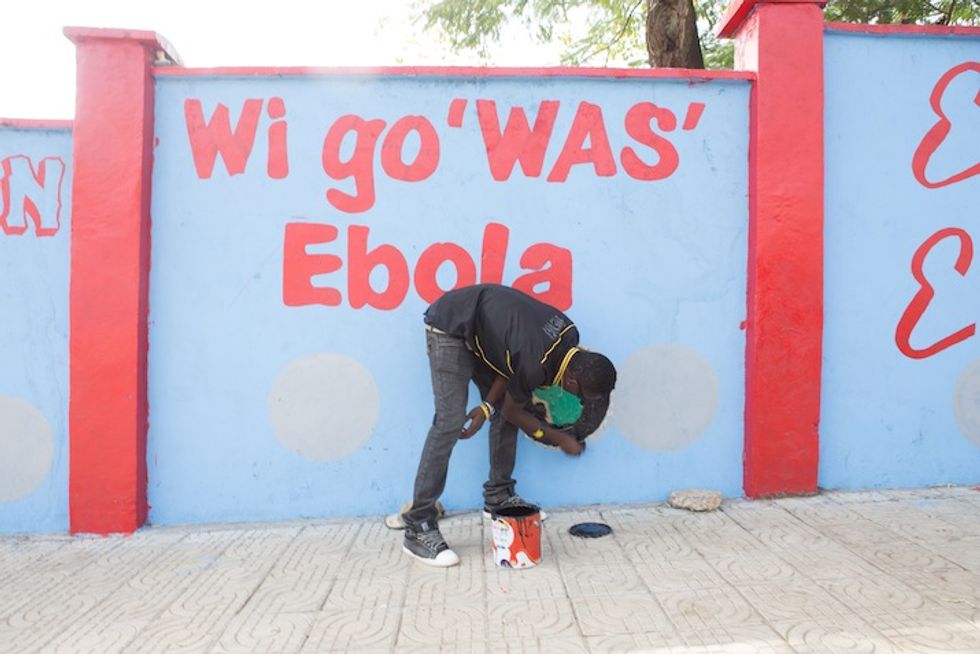
ESC TO CLOSE
SEARCH
Trending Stories
South Sudan’s Basketball Team Made History Getting to the Olympics, but They’re Far From Satisfied
Home FeaturedJuly 24, 2024
Nigeria’s Super Falcons Head to the Olympics With the “We no go Gree for Anybody” Attitude
Home FeaturedJuly 24, 2024


